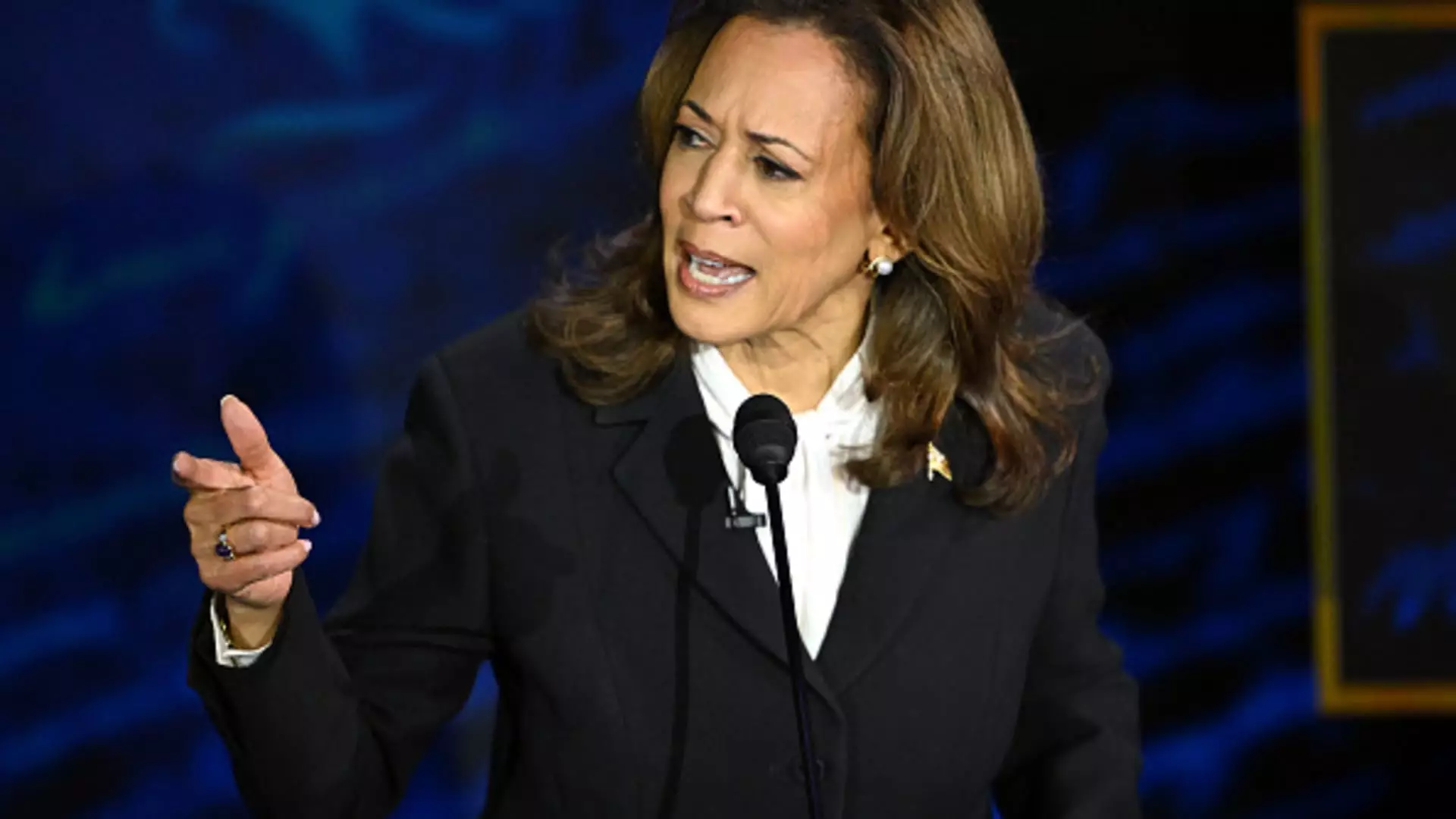During the recent presidential debate hosted by ABC News, Donald Trump made it clear that he is a proponent of increasing trade duties on China. He defended his recent vows to impose blanket tariffs ranging from 10% to 20% and additional tariffs of 60% to 100% on Chinese goods. Trump believes that other countries owe the United States for decades of support and that these tariffs are a way for them to pay back what is owed. He boasted about his administration’s collection of “billions and billions of dollars” from China through these tariffs.
Harris’ Critique of Trump’s Policy
In response to Trump’s assertions, Kamala Harris used her time during the debate to criticize the former president’s approach to China. She argued that the Trump administration’s policies had resulted in a significant trade deficit, which she labeled as one of the highest in American history. Harris also accused Trump of being too lenient on China, suggesting that his actions had led to the selling of American chips to China for military modernization. She emphasized the need for the U.S. to focus on strengthening alliances, investing in American technology, and supporting the American workforce in order to compete effectively in the 21st century.
Despite concerns raised about the potential impact of increased tariffs on consumers, Trump remained steadfast in his belief that the primary burden would fall on China and other countries that have taken advantage of the U.S. economically. He pointed out that the current Biden-Harris administration had kept most of the tariffs imposed during his presidency, indicating that they recognized the benefits of such measures. Harris, on the other hand, accused Trump of neglecting the broader strategic goals of ensuring America’s competitiveness in key technological fields like AI and quantum computing.
Economists and policy experts have predicted that Trump’s economic policy towards China in a second term would have continued to focus on imposing heavy trade tariffs. In contrast, Harris is expected to emphasize targeted restrictions coordinated with U.S. allies as a more strategic and multilateral approach to dealing with China. The clash between Trump and Harris on China policy highlights the differing perspectives within the American political landscape on how to address the challenges posed by China’s rise as a global economic and technological power.
The debate between Trump and Harris on China policy underscores the complexities and nuances of managing economic relations with a major global player like China. While both sides may have valid points to consider, it is clear that there is no easy solution to the issues at hand. As the U.S. continues to navigate its relationship with China, it will be crucial for policymakers to carefully weigh the potential risks and rewards of their chosen strategies to ensure the best possible outcome for the American people and the global economy as a whole.


Leave a Reply